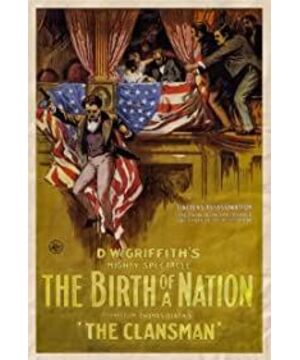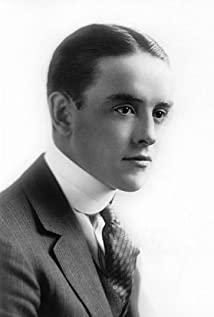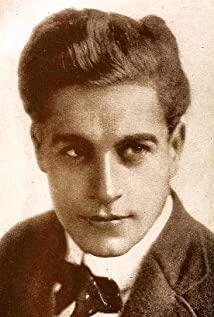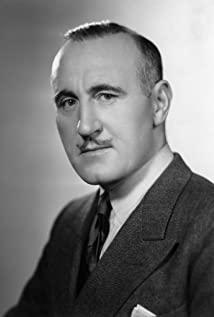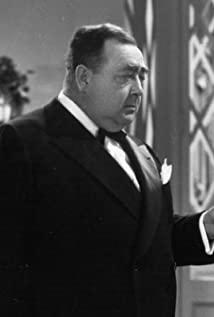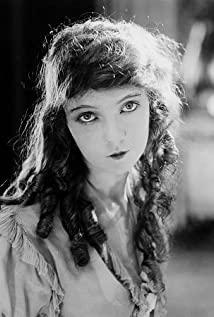In my opinion, most of the directors in China are making movies instead of creating sincerely. Concocting movies, focusing on joking, pleases and entertains the public, and cannot withstand the torture of time. To create a movie, he takes a rigorous attitude and accomplishes his work in one effort. For the sake of film art, he creates movies that only belong to oneself. These films have achieved an orderly sense of beauty and harmony in terms of thought, art and viewing.
For example, David Lean, except for his early movies, is basically a large-scale creation. His "Doctor Zhivago", "The Bridge of Kwai", "Lawrence of Arabia", "Ryan's Daughter" and other films, which Now they are all art classics that are magnificent and can stand the temper of time. There is also Kurosawa Akira in his later years, old and strong, and the big-handed "Delsu Uzala", "Shadow Warrior", and "Ran" and other films, which can be described as perfect, the overall rhythm is impeccable, like a symphony of ups and downs.
Those domestic directors who think they are awesome should be ashamed. They make big investments at every turn, and the results are unbearable inferior products. If they are superior, they should be in line with these masters, rather than just learn from their skins. To the bones.
It makes me feel uncomfortable because it reminds me of a person who has made the most outstanding contribution to the history of film.
Tarkovsky said, "I think the development of film will not only be far away from literature, but also away from other art forms, and gradually form its own artistic characteristics." According to this understanding and extension, film is the art of "carving time". And the first person who allowed the film to form its own artistic identity was undoubtedly DW Griffith (1875-1948). His film "The Birth of a Nation" filmed in 1914 declared the end of this mission. The subsequent "Party Facing Differences" (1916) took this to a new height.
This child who had only been in elementary school for six years has been living on a part-time job since he grew up. He has worked as a salesman, firefighter, and actor. He is destitute. However, his passion for movies, coupled with his tenacity, allowed him to gradually form his own film concept, and finally gave him the opportunity to practice his film dreams.
It has been exactly one hundred years since "The Birth of a Country". The impression of this movie has always been in the mind of those picturesque scenes, whether it is the sprouting love, the sisters avoiding the war, the vengeance of the housekeeper's rogue, or the indifference at that moment of cats and dogs, all foreshadowing The storm of film art has come. The slaves were picking cotton in the autumn sun, and the young men and women of the slave owner's family walked into the cotton fields only for amusement. When they left, the two slaves were too busy to bow. This detail is like a small lead to the outbreak of the Civil War. Although there are many criticisms of the content of the film, it does not hinder his revolutionary creation of the film.
This adaptation of Dickenson's novel "The Clan" shows Griffith's proper grasp of the big scenes, small plots and details, and the segmentation of scenes makes the film a true light of art. So far, he is the first person to realize that a good story depends on character shaping. As for the application of a series of techniques in the film form, it also defines the general template of the film from now on. "Parallel Montage" is ready to come out. Later, Eisenstein's "Juggling Montage" echoed this, deepening the "lightning" application of "Montage". In order to strengthen the narrative effect, the film also tasted cross-editing for the first time, which benefited all the latecomers, that is, film masters such as Dreyer, in the first film of "The Presiding Judge" in 1918, adopted In this form. It is no exaggeration to say: "The Birth of a Country" heralds the birth and formation of true film art.
At the eighth Oscars ceremony in 1930, the "father of American cinema" was awarded a special award in recognition of his "immeasurable, pioneering, and far-reaching contribution to film art." It is embarrassing. The thing is, the movie master has a bleak night scene, and people don't know his whereabouts. On July 23, 1948, he died of a cerebral hemorrhage in the aisle of a small hotel in Hollywood at the age of 73. His life has come to an end, and the film art established by him at this time has entered her true glory period.
2013, 8, 1
Please pay attention to the public and micro account of film critics: 呱呱电影
View more about The Birth of a Nation reviews


